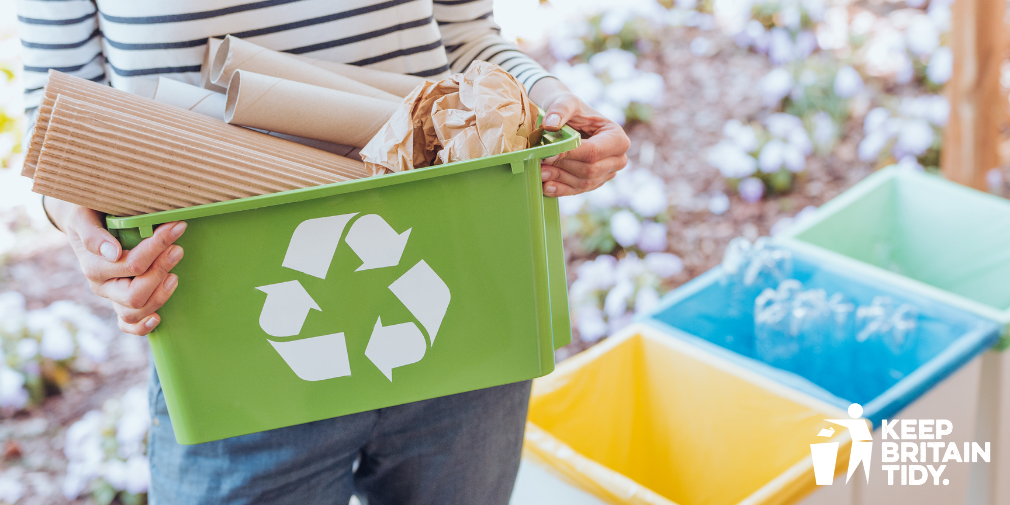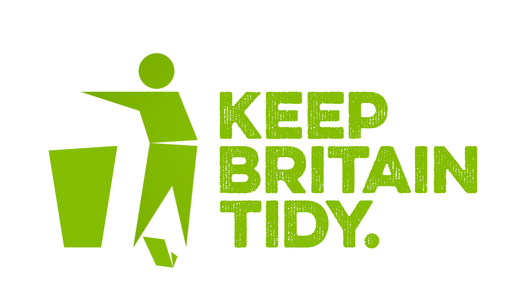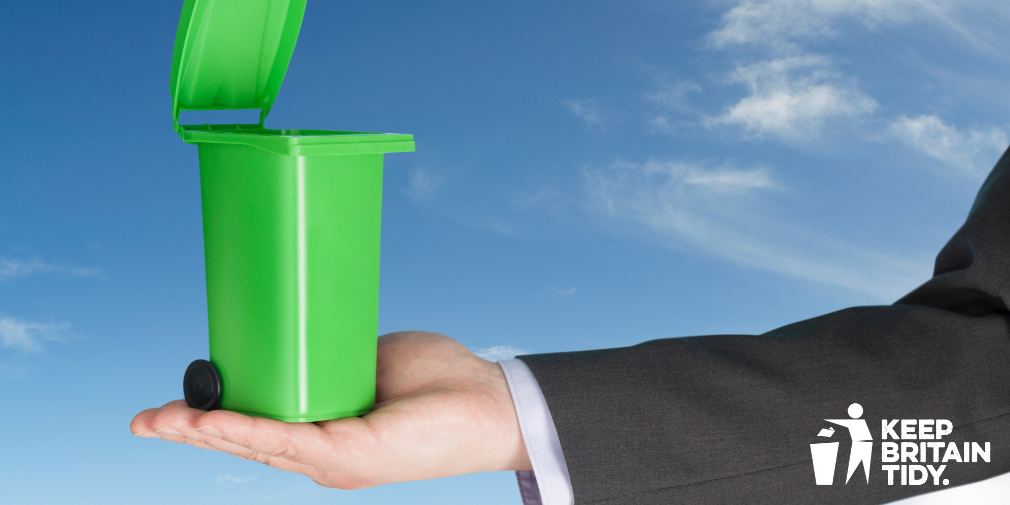
Concern over flaws in plans to shift pollution costs onto those who profit from packaging
Keep Britain Tidy today voiced concern over shortcomings in Government proposals to shift the costs of pollution onto those who profit from placing packaging on the market.
The charity believes a Deposit Return Scheme (DRS) for drinks containers and Extended Producer Responsibility (EPR) reforms for packaging waste offer a real chance to tackle the root causes of our environmental problems by adopting the “polluter pays” principle.
But, while Keep Britain Tidy remains fully supportive of both reforms, which are vital to turning the rising tide on litter, we are disappointed and baffled at the UK Government’s decision to exclude glass, which plagues our playgrounds, parks and beaches, from its proposed DRS.
The charity is also troubled by a U-turn on plans to introduce EPR payments for packaging waste that is littered.
Allison Ogden-Newton, chief executive of Keep Britain Tidy, said: “While we broadly welcome the principles behind DRS and EPR, it is imperative that tackling the glass that litters our environment remains a key part of these plans.
“We know that DRS is very successful in reducing littering of products with a deposit on them so the exclusion of glass from the proposed DRS will do nothing to stop glass bottles despoiling our environment.
“Excluding something so dangerous to people and to wildlife sends the wrong message to the public, signalling that it has no value and it is therefore more likely to be littered, and ultimately meaning it will continue to pose a threat on our streets, coasts and green spaces.
“Combined with the decision to drop litter payment plans from EPR rules, these choices show a concerning lack of ambition and a failure to apply the ‘polluter pays’ principle across the board, a concept that should be at the heart of the proposals.”
The charity’s comments follow the publication of the Government’s much delayed response to its packaging EPR consultation, which also contained Government’s decision on the scope of the proposed DRS. The full DRS consultation response is yet to be released.
We are pleased that our calls for an “all-in” Deposit Return Scheme have been adopted, rather than a more limited and untested “on-the-go” system for containers of less than 750ml - which would have risked leaving a significant volume of bottles and cans in the environment as litter.
However, we fear the decision to exclude glass bottles from the scheme in England and Northern Ireland - on the basis of the concerns over safety and the weight of handling the material in a retail setting - is a disaster as the safety risks posed to the public of glass bottles remaining in the environment, with no incentive for consumers to return them, is a far greater safety risk.
Wales and Scotland will capture glass bottles in their DRS schemes, meaning that these environments will be kept cleaner and safer than those in England and Northern Ireland, where littered glass bottles will continue to pose a threat to humans and animals.
The inconsistency across the nations will also create confusion for consumers, costs for producers, potential loopholes and cross-border issues.
We are also frustrated at decisions to drop plans to introduce payments for packaging waste that is littered from the EPR plans for England and Northern Ireland – despite a collective plea by ourselves and more than 40 organisations last week in a letter to the Environment ministers in four nations to ensure that litter is made part of any EPR scheme.
By reversing their position on EPR litter payments, Government’s decision means that local councils in England and Northern Ireland will continue to foot the bill for litter clean up, whilst Welsh and Scottish councils will receive extra funding from packaging producers to support their litter clearance systems.
We urge the UK Government to follow the lead of the Welsh and Scottish Governments, by including glass bottles within the scope of DRS and shifting the financial burden of litter back onto those who place harmful and pervasive items on to the market. The inclusion of glass would also be in line with the UK government’s Manifesto commitment to include glass bottles within the English DRS.
We also urge the Government not to let timelines for EPR and DRS slip any further, following the consultation response indicating that EPR has been pushed back from 2023 to a “phased” introduction starting from 2024.
We are also disappointed that Government has dropped plans to shift the cost of business waste packaging to producers, meaning that the cost to producers is forecasted to fall by £1bn. Previously Defra indicated that the scheme would include both household and business waste.
Regarding other aspects of EPR consultation response, we are pleased the UK Government has signalled its intention to introduce reuse/refill obligations on producers, and look forward to seeing these proposals developed and brought forward.
We want to see the government pursue waste policies that support and prioritise the transition to reusables and refillables in line with the waste hierarchy.
We also support the mandatory takeback scheme and recycling targets for fibre-based coffee cups, though we would like to see a greater reduction in the use of these materials, and policies that promote reusable alternatives.


